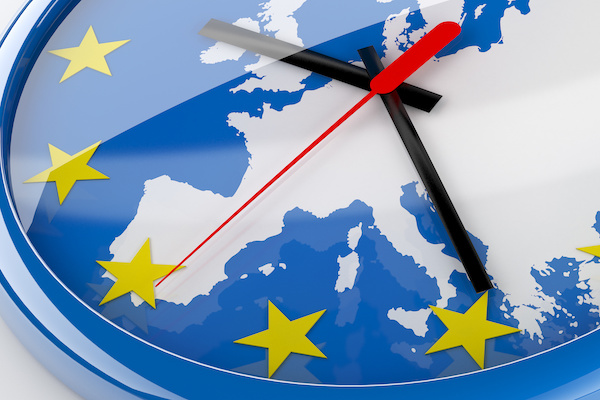26 September 2018
Building sector: France against the wall


Launched on September 10th by the French government and ADEME (French Environment and Energy Management Agency), the “FAIRE” (to make) campaign to mobilize for the energy renovation of buildings goes in the right direction, as it takes a bottom-up approach, closest to the citizens’ preoccupations. But it is only a first step, considering that, in terms of clarity and coherence of public policies in the building sector, much progress remains to be made…
Facilitate, Accompany and Inform for the Energy Renovation: these are the key words of the “FAIRE” campaign. With the slogan “all eco-comfortable”, the ambition is to federate all stakeholders around the benefits to be expected from energy renovation, such as comfort improvement and energy cost savings. UFE supports fully this ambition to focus on the buildings’ occupants and their aspirations.
CITE (Energy Transition Tax Credit), CEE (Energy Efficiency Certificates), DPE (Energy Performance Diagnostic): instruments that are still unclear or too little effective
Last February, in its answer to the public consultation on the plan for energy renovation of buildings, UFE already underlined that it is crucial to bring coherence and clarity to individuals regarding the whole tax and regulatory framework for energy renovation of buildings. The transformation of the Energy Transition Tax Credit (CITE) into a bonus is a good idea. However, budget uncertainties questioning its implementation as soon as 2019 must be noted. Either way, UFE recalls its convictions that tax incentives should target the most effective actions both in energy savings and greenhouse gas savings, which is still not the case…
Energy Efficiency Certificates (CEE), themselves, suffer from a serious problem of appropriation by consumers while they account for about 3 billion euros per year on their energy bills. Moreover, while the financial resources that they represent exceed those of the CITE, they are very strong doubts about the collective capacity to achieve the energy savings targets set for them by 2020. UFE continues to advocate, with many other actors, for the creation of a working group which, like those set up by the government on various renewable energies, would review with all the stakeholders, the accumulated delays and barriers to be removed in order to manage the calendar set up previously.
Lastly, the Energy Performance Diagnostic (DPE) is far from fulfilling its role of raising awareness towards the housing occupants. Too unreliable, with only 3 categories of difference depending on the diagnosis for a same building and expressed in a conventional unit, primary energy, not concrete for the consumer, while energy bills are based on final energy consumption, this instrument is the great missing of the communication around the energy saving deposits in buildings.
And what about carbon?
There is an emergency to act because France is not on the right energy efficiency trajectory and even less on the trajectory to reduce its greenhouse gas emissions. While the National Low Carbon Strategy (SNBC) is under revision and acts the delay taken to reduce greenhouse gas emissions and the difficulties remaining to achieve carbon neutrality by 2050, the climate-energy observatory set up by the Climate Action Network (Réseau Action Climat) and the CLER-Network for the energy transition, points out that the building sector is the most delayed compared to other sectors and its own climate objectives: +23% above its 2017 target.
A clear statement is thus needed: if nothing changes to better consider the carbon criteria in the energy policy, and especially in the building policy, France will not be able to meet its commitments under the Paris agreement.
Much remains to be done, and in the first place, simplifying and rationalising all support schemes to bring coherence between eco-comfort approaches and energy and climate policy.
Find out more
02 June 2020
“Long live Europe”: it’s time for Europe!
25 February 2020
Brexit: love last 47 years


About us
The Union of the French Electricity Industry is the trade association of the French electricity sector. We bring together companies from the whole value chain of the electricity industry.
Find out more









